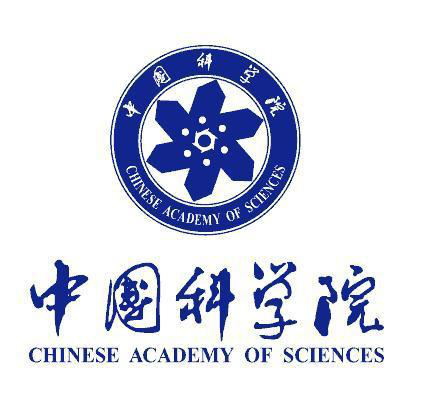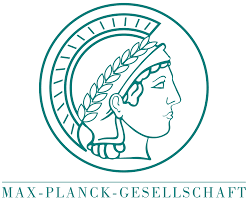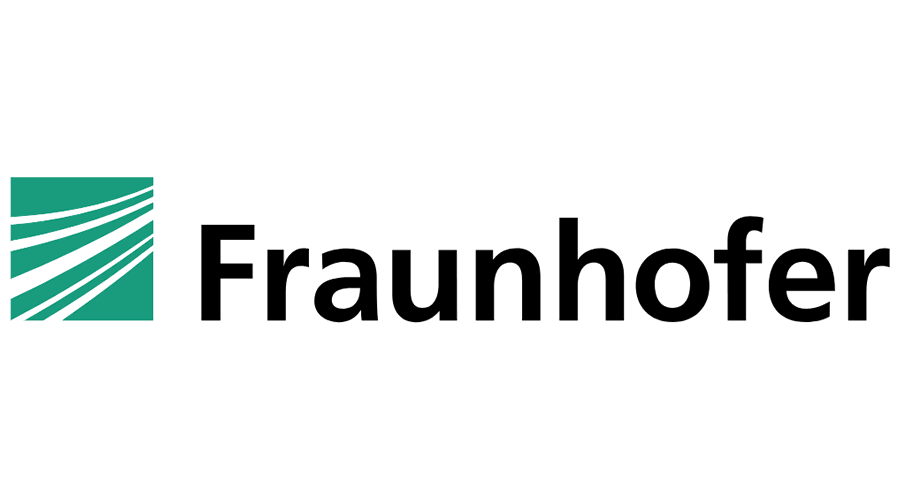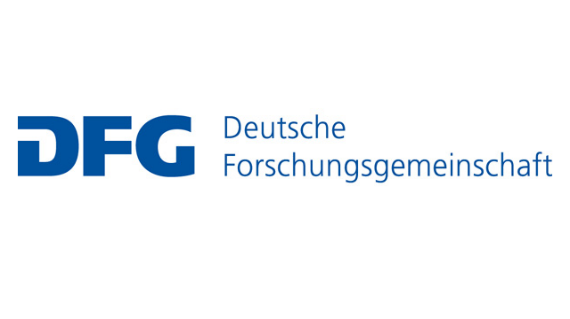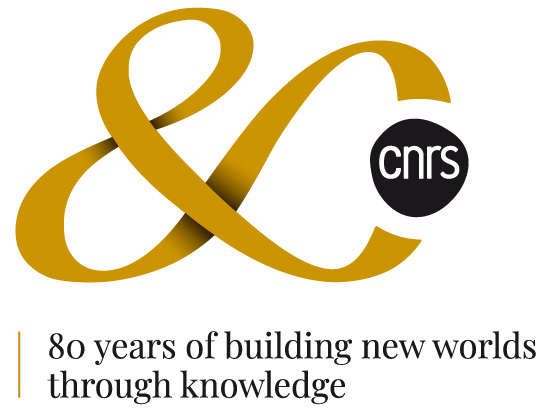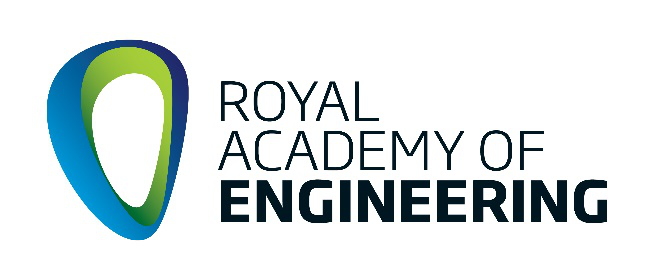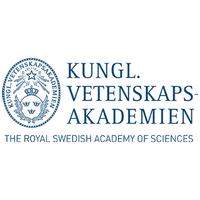Feedstock amendment for the production of quality compost for soil amendment & heavy metal immobilisation
As the backbone of many developing countries, agricultural sectors face various global challenges, including climate change, urbanization, and some environmental issues such as leaching and accumulation of pesticides and fertilizers. The performance of the conventional farming associated with the overconsumption of chemical fertilizers has led to some severe environmental problems. To cope with the natural leaching caused by the loss of around 2/3 of the applied fertilizers, high amount of fertilizers has been applied and resulted in the contamination of ground water (especially by nitrate, or some other pollutants such as pesticides) (Devassine et al., 2002). World fertiliser consumption rate had increased from 98.7 to 120 kg per hectare of arable land from year 2002 to 2013 (Food and Agriculture Organisation, 2016). According to the Department of Statistics (2016), Malaysia’s population reaches 31.7 million in 2016 with an annual growth rate of 1.5 % where 71 % of the total population has resided in the urban area in tandem with the rapid development of Malaysia. Rapid population growth and urbanisation have increased the generation of the solid waste. In many fast developing countries such as Malaysia, landfilling remained the main disposal method, i.e about 94.5 % of the collected wastes is disposed in the landfills, with a recycling and composting rate of 5.5 and 1 % (Periathamby et al., 2009). About 57 % of the waste is made out of organic solid waste (Saeed et al., 2009).





